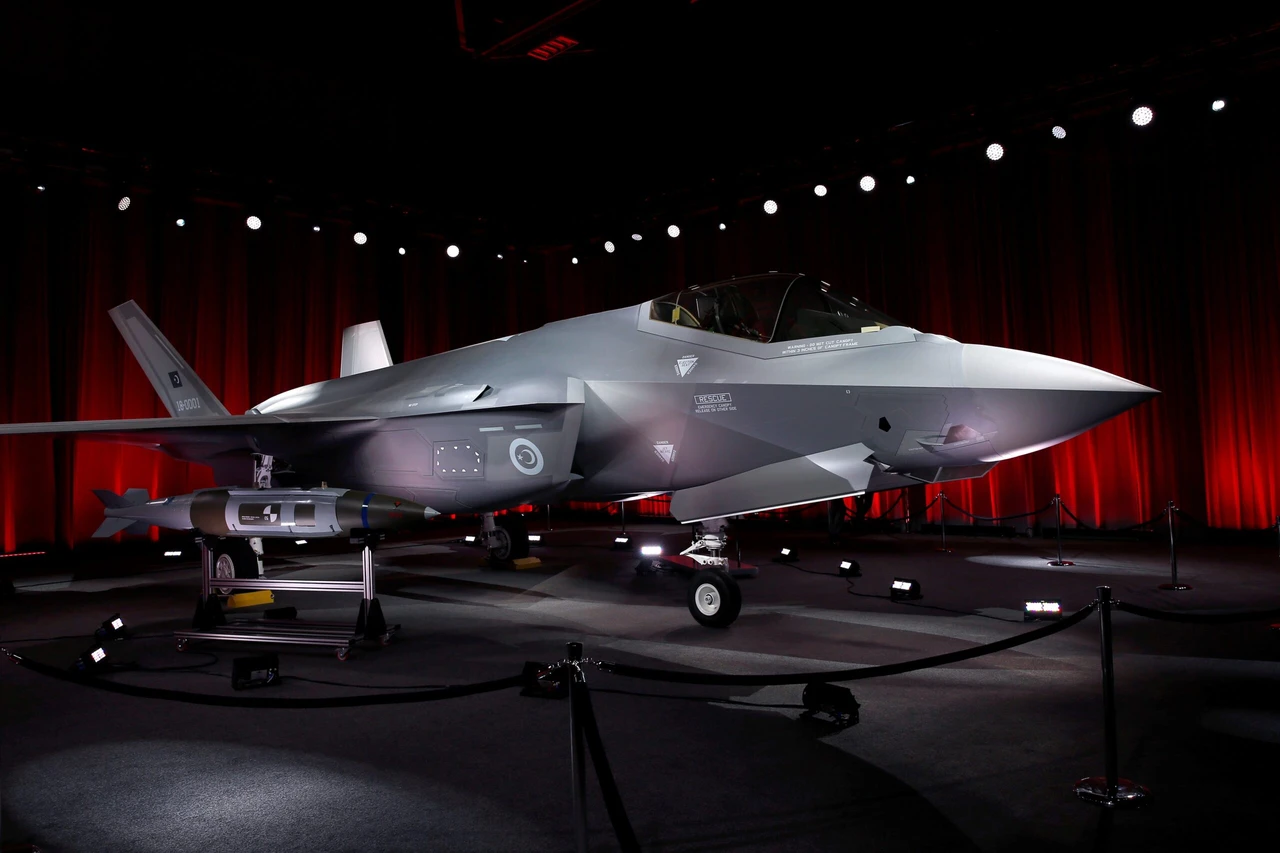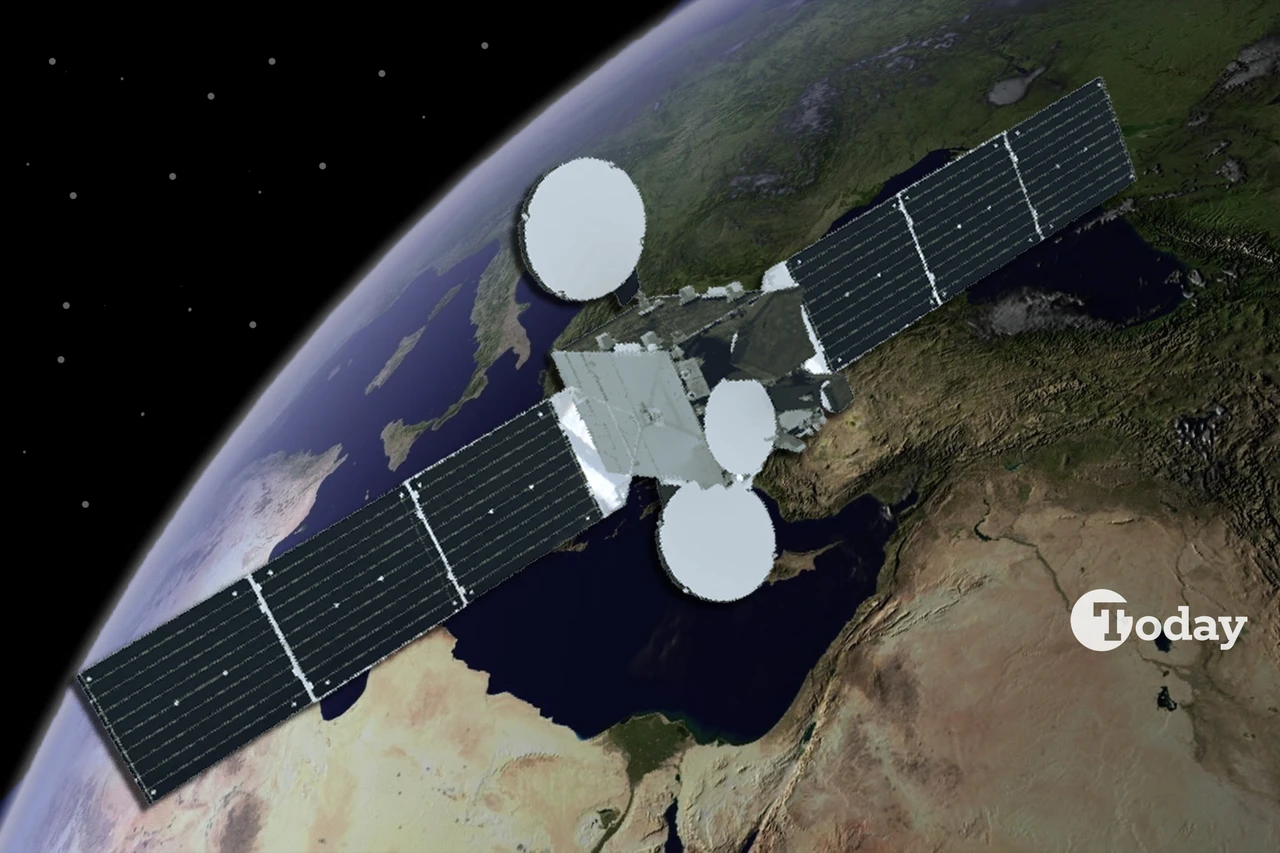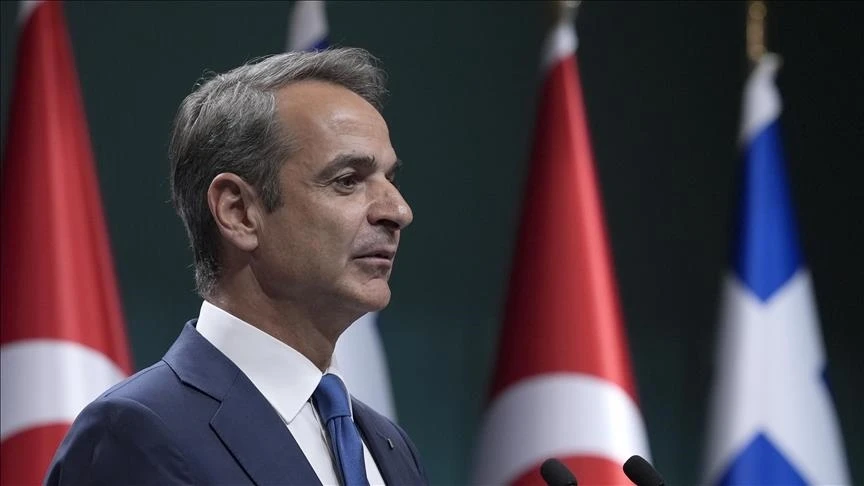NATO’s new Sec-Gen Mark Rutte signals cooperation with Türkiye
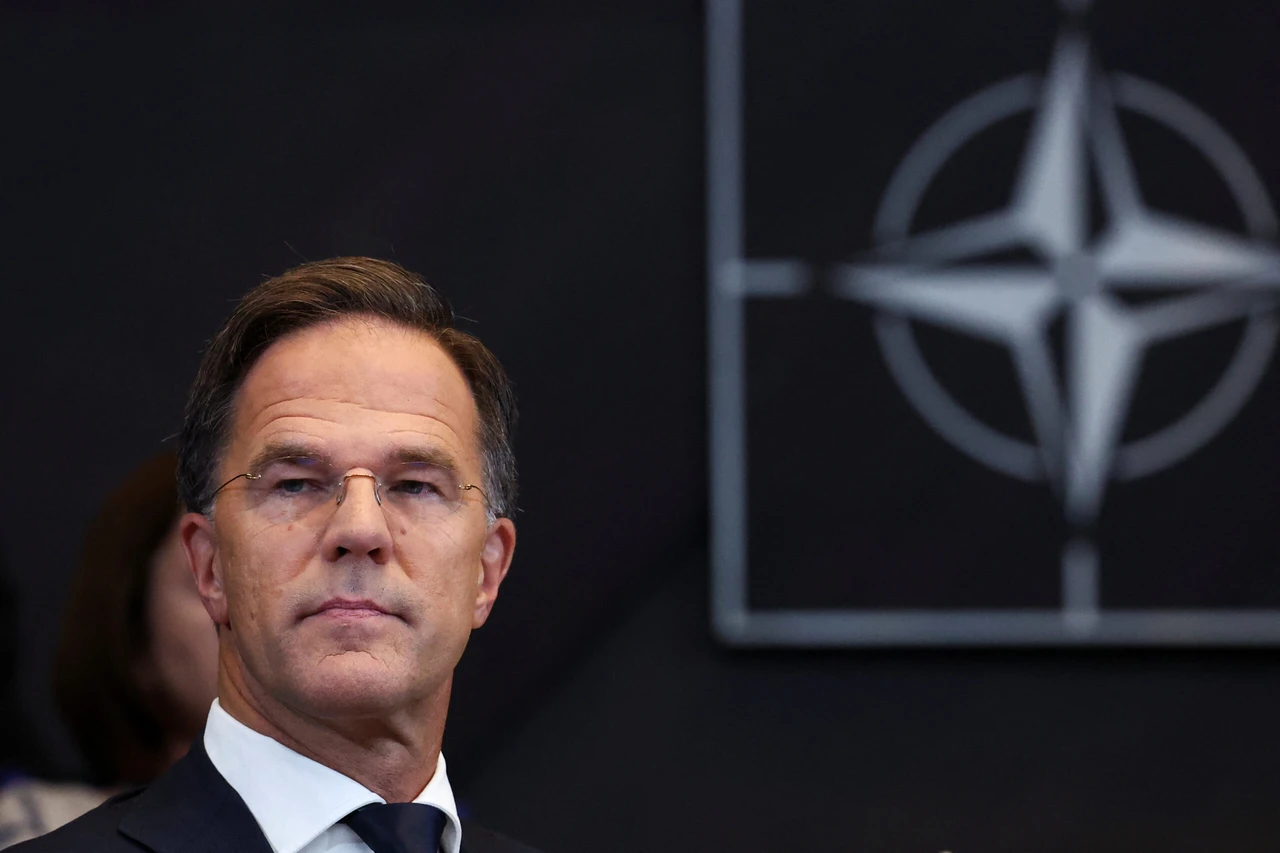 Former Dutch Prime Minister Mark Rutte attends a meeting of the North Atlantic Council, on the day he succeeds Jens Stoltenberg as NATO Secretary General, at the Alliance headquarters in Brussels, Belgium October 1, 2024. (Reuters/Yves Herman)
Former Dutch Prime Minister Mark Rutte attends a meeting of the North Atlantic Council, on the day he succeeds Jens Stoltenberg as NATO Secretary General, at the Alliance headquarters in Brussels, Belgium October 1, 2024. (Reuters/Yves Herman)
NATO’s new Secretary General, Mark Rutte, emphasized the importance of addressing counterterrorism within the NATO framework and expressed his intention to continue working closely with Turkish President Recep Tayyip Erdogan on the issue.
Cooperation with Türkiye on counterterrorism
Speaking at his first press conference at NATO headquarters in Brussels after officially assuming his role, Rutte said, “I can say that President Erdogan and I are close friends, and we are aligned on counterterrorism. It is clear that this is an issue we must address in a NATO context.”
Rutte underscored NATO’s critical role in addressing global challenges, stating, “It is an honor to serve as Secretary General of NATO, the most successful political-military alliance in history. Our alliance faces serious challenges, and all 32 members have unique roles to play.”
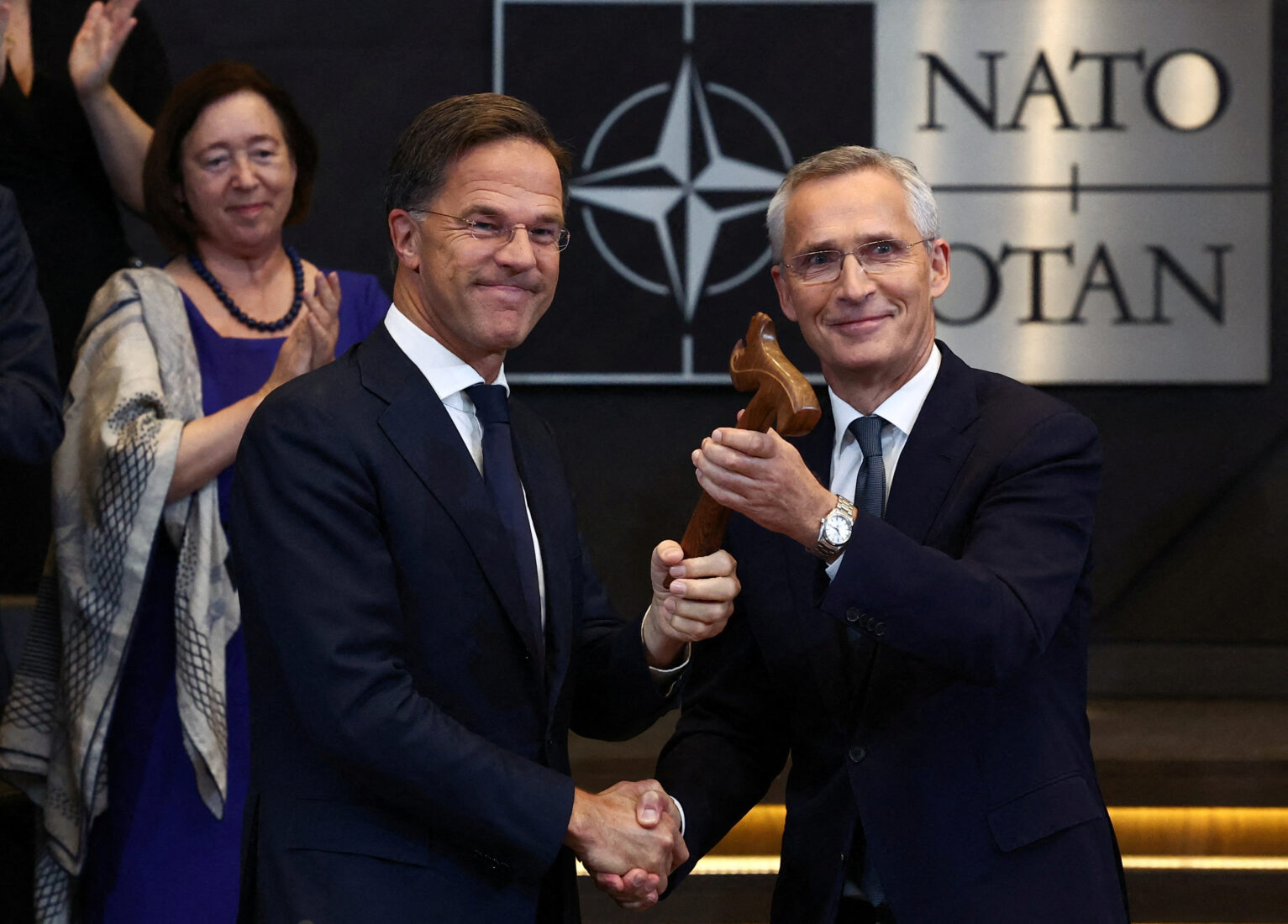
Counterterrorism and Türkiye’s expectations
Turning to the issue of counterterrorism, Rutte stressed NATO’s commitment to stability in key regions such as the Middle East, North Africa, and the Sahel, and underscored the need to enhance cooperation with regional partners. “We must do more to combat the terrorist threats to our countries and people,” he said.
When asked about Türkiye’s expectations regarding counterterrorism and the lifting of arms embargoes, Rutte recalled his longstanding cooperation with Erdogan during his time as Prime Minister of the Netherlands. “I can say we are close friends and aligned on counterterrorism. This is clearly a matter we need to address within NATO, and I am open to working with President Erdogan on this,” he said.
Rutte also emphasized the importance of removing restrictions on arms purchases between NATO allies. “This is a sensitive issue, and it is something we need to work on as well,” he concluded.
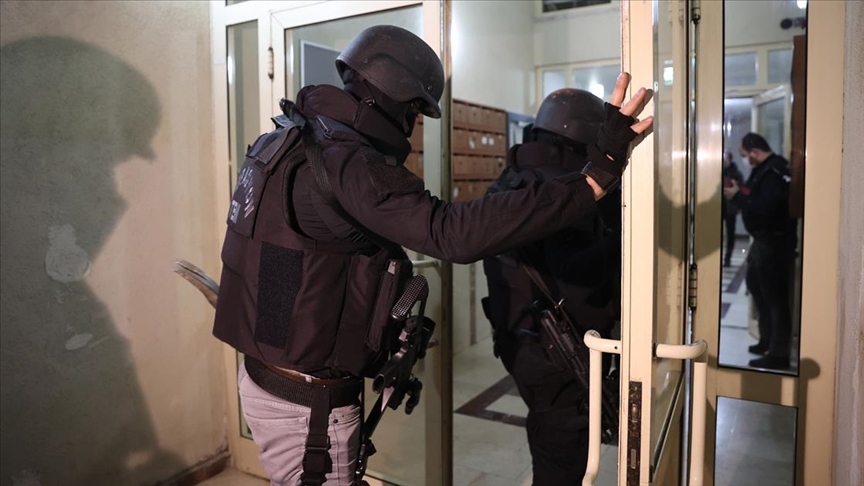
Defense spending and collective responsibility
Rutte also addressed the importance of increasing defense spending to meet NATO’s evolving needs, emphasizing that NATO members must ensure equal burden-sharing.
“We need more defense spending to match our capabilities with our needs. I will work with allies to ensure we are investing in the right areas and that we share the burden of our collective defense fairly. Each of us must pay our fair share,” he said.
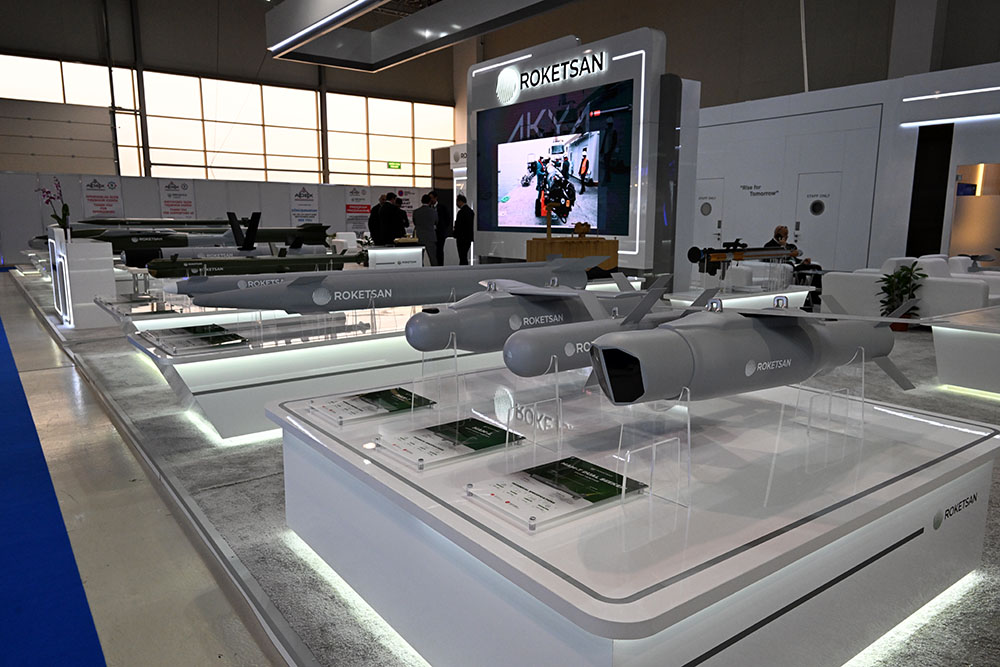
Ukraine conflict and NATO’s support
Referring to the ongoing war in Ukraine, Rutte recalled the 2014 tragedy involving Malaysia Airlines Flight MH17, which was downed over eastern Ukraine, stating, “From personal experience, I know that the conflict in Ukraine is not limited to front lines. A tragedy that struck my country 10 years ago must never happen again.”
Asked about Ukraine’s use of NATO-supplied weapons to target military objectives within Russia, Rutte responded, “Ukraine is engaged in a legitimate self-defense war, and that means they have the right to defend themselves. According to international law, this right does not end at the border. It includes striking legitimate targets in enemy territory.”
However, he emphasized that decisions regarding arms supplies ultimately lie with individual NATO members.
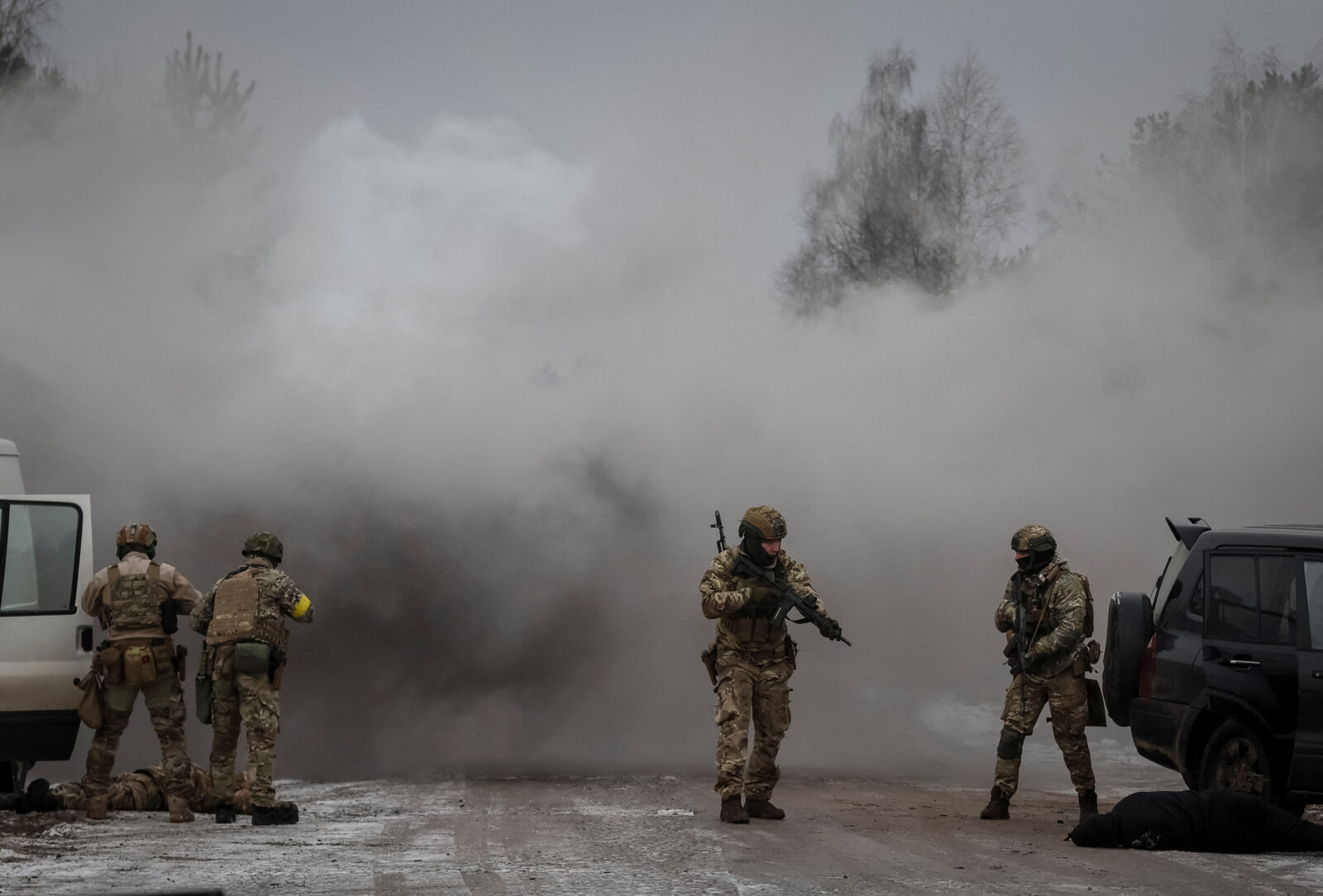
European Union and defense cooperation
Rutte highlighted the European Union’s vital role as NATO’s “unique and essential partner” in areas such as supporting Ukraine and countering hybrid threats. He dismissed concerns that the E.U.’s recent steps toward defense autonomy would create a parallel structure to NATO.
“There is a clear recognition on both the NATO and E.U. sides that we need a more capable European defense to complement NATO. No one wants to create parallel structures, and I hear the same message from the E.U. We are aligned on this,” Rutte said.
